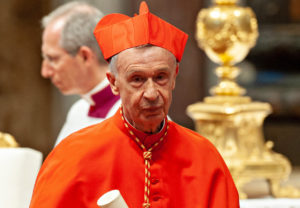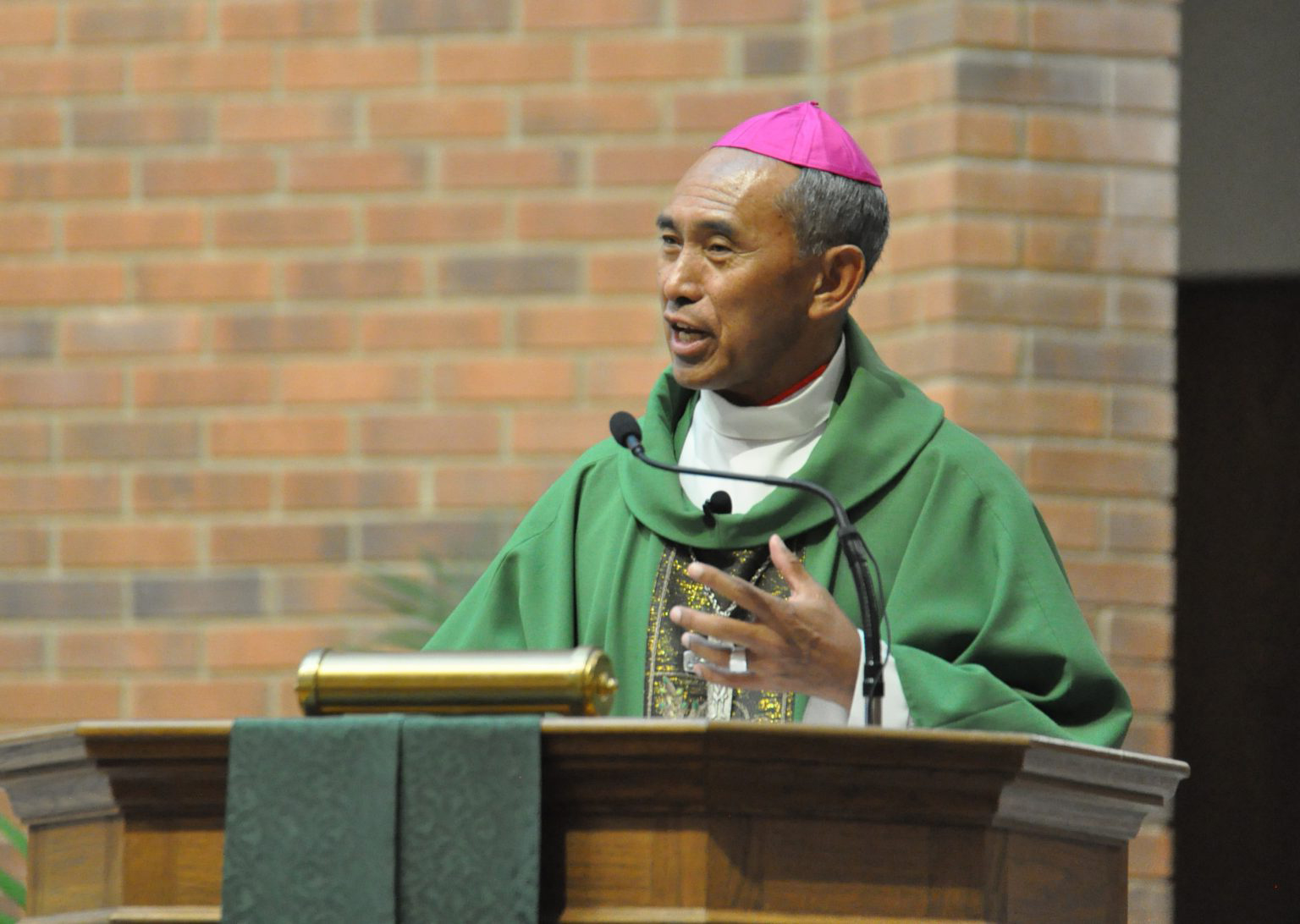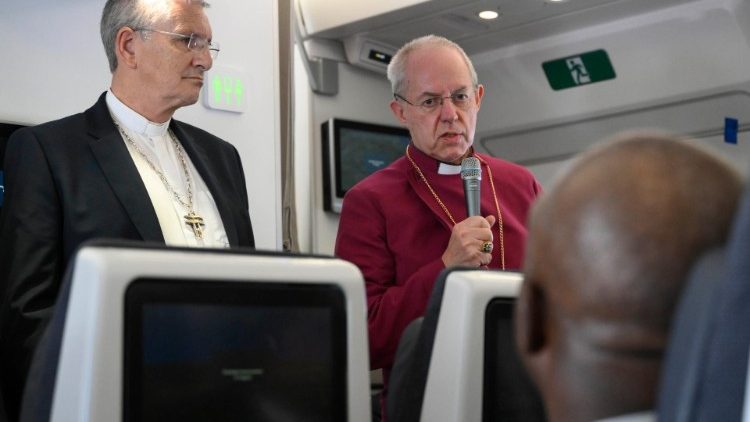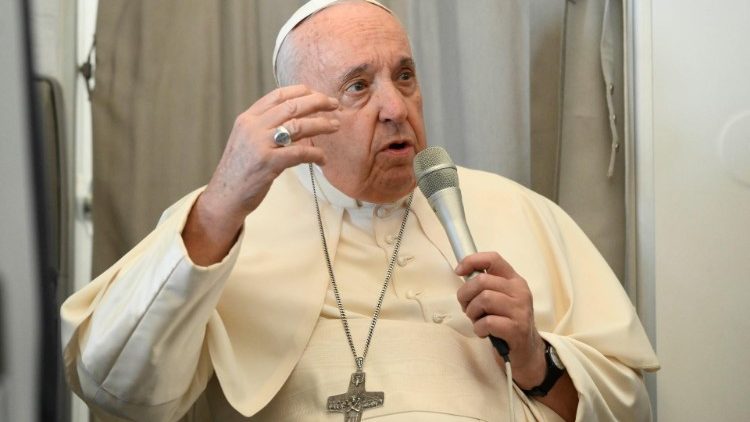Canon 1063 says that “pastors of souls are obliged to take care that their ecclesiastical community offers the Christian faithful the assistance by which the matrimonial state is preserved in a Christian spirit and advances in perfection.”
The canon goes on to outline the concrete ways in which a pastor should provide this assistance for his community.
Ladaria said that pastoral care in the area of marriage is an obligation not only for pastors, but also for the whole Christian community. He rejected the idea that the legal process for a marriage annulment or for the granting of a dissolution of a natural marriage bond is in dichotomy with the spiritual care of souls.
“The position of marriage cases in the context of the pastoral environment was indicated by Pope Francis himself, precisely in his apostolic letters in the form of motu proprio Mitis Iudex Dominus Iesus and Mitis et Misericors Iesus,” he said.
“The Roman Pontiff invites us — in fact, he expresses the obligation on the part of the competent ecclesial authorities — to overcome the temptation to create a divide between the pastoral sphere and the juridical sphere,” Ladaria underlined.
According to the cardinal, in his 2016 apostolic exhortation Amoris laetitia, Pope Francis both deepened the aspect of pastoral accompaniment already contained in the law and drew attention to marriage crises in need of pastoral care, for which the desired outcome is always the preservation of the union if possible.
The 2001 norms of Potestas ecclesiae say that “marriages between non-Catholics, of which at least one is not baptized, under certain conditions can be dissolved by the Bishop of Rome in favor of the faith and for the salvation of souls.”
This dissolution and the process involved, Cardinal Ladaria said, represents “mere grace.”
“It is the dissolution of a natural, valid marriage, entrusted to the supreme pontiff in his role as the supreme pastor of the Catholic Church.”
The dissolution of a marriage “in favorem fidei” can be approved on a case-by-case basis and only by the pope. In this way, it differs from what is called the “Pauline privilege,” when the Church recognizes the automatic dissolution of a natural marriage between two non-baptized persons.
The unique favor of the granting of dissolution for this reason also differs from the annulment of a marriage, which declares that a valid marriage did not occur in the first place.
In his 16-minute address, Ladaria gave some examples of how pastoral accompaniment is naturally contained in the juridical process involved in the application for a dissolution of the marriage bond.










